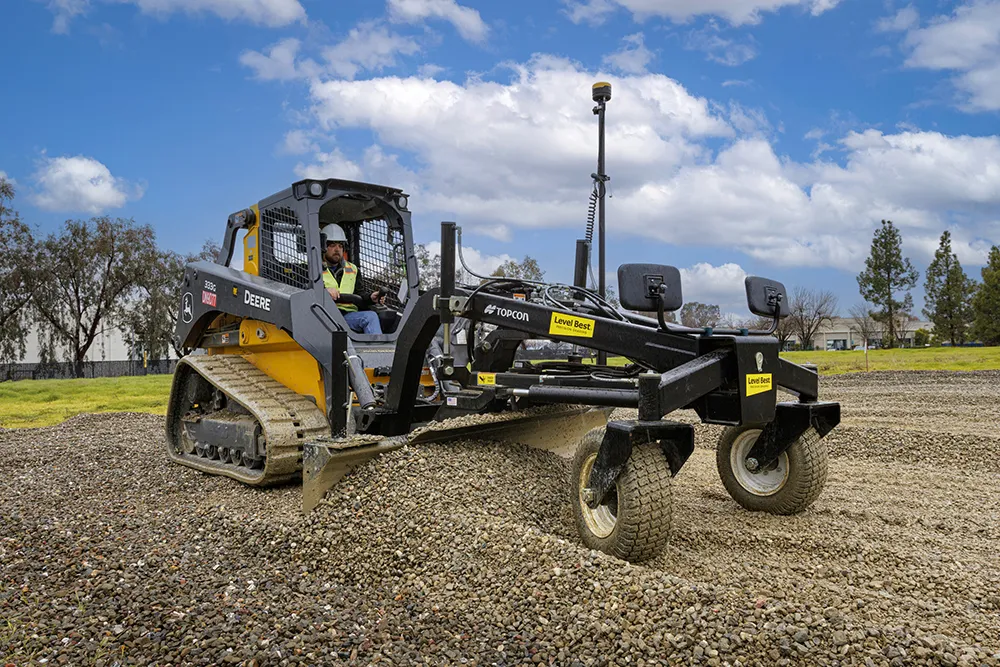Satellite navigation errors were blamed in the curious case of the wrong address, which resulted in UK police raiding the wrong house 40 times in an 18-month period.
June 24, 2013
Read time: 1 min
Satellite navigation errors were blamed in the curious case of the wrong address, which resulted in UK police raiding the wrong house 40 times in an 18-month period. The innocent householder was roused from his slumbers numerous times and had his door broken down by police who seem unable to comprehend that their satellite navigation systems continuously confused two addresses with similar names. Police repeatedly apologised for the errors, however the problems continued. The man and his neighbours became used to police vehicles suddenly amassing in the street outside. However the man said he became somewhat tired of the inability of the police to deal with the error. Police say internal briefings were carried out and that the error would not happen again. The man commented that he had heard this excuse before, several times.







